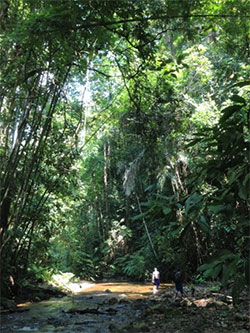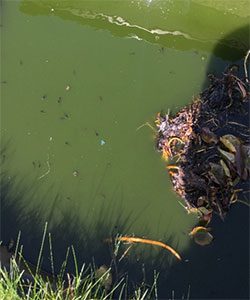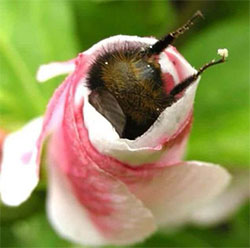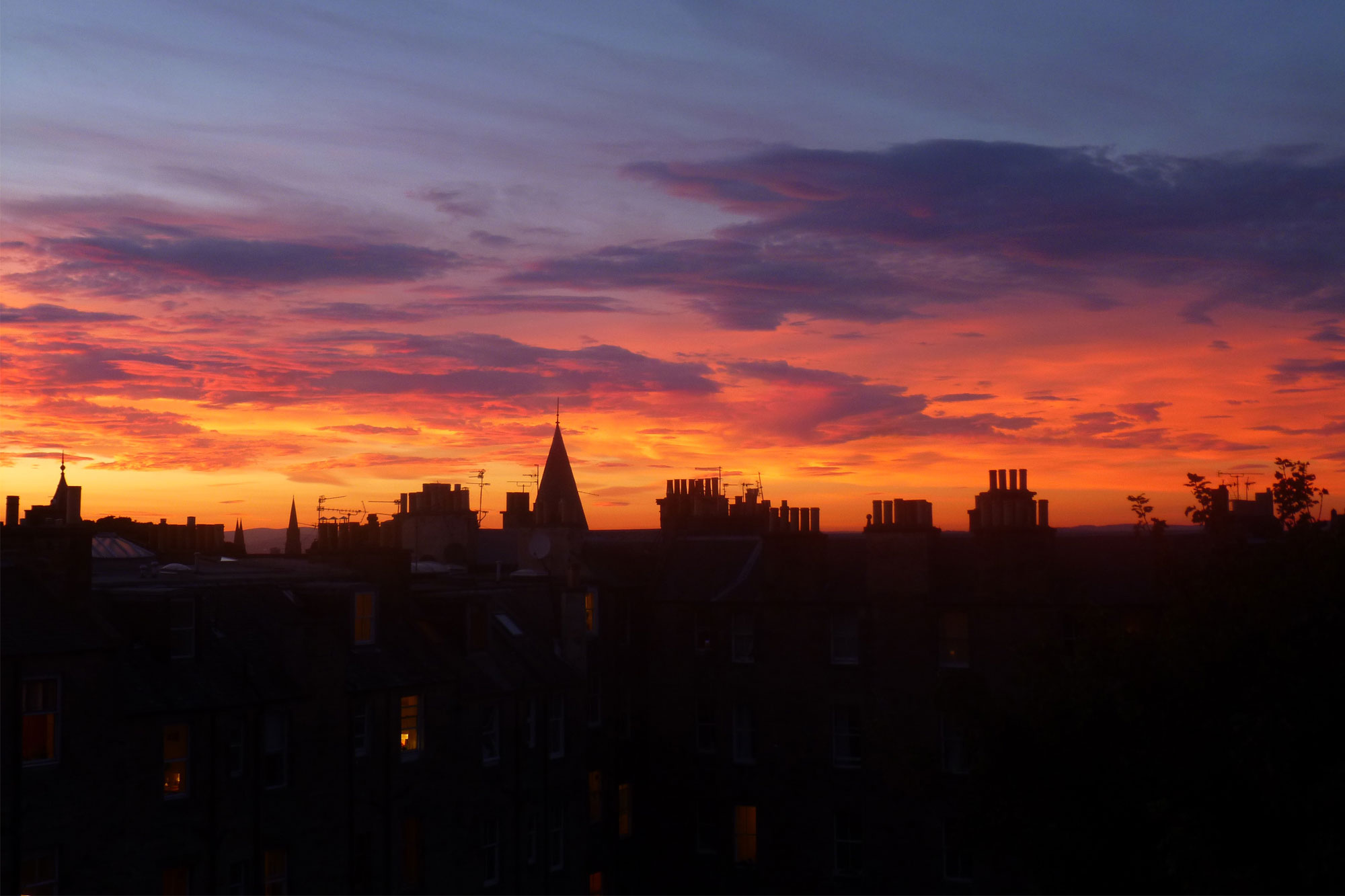During these times of remote working and studying at home, staff and students from the School of Anthropology and Conservation are presenting tips and advice on methods and resources that will help us with our productivity and wellbeing. Here, Kate Allberry, studying for a PhD in Biodiversity Management at the Durrell Institute of Conservation and Ecology (DICE) on how environmental change is influencing the movement of Malaysia’s apex predators in wildlife corridors, offers some guidance on mindfulness and wellbeing during lockdown.
“My entry into lockdown was sudden and unexpected, having returned to the UK from Southeast Asia the day before. Upon arrival, I had to self-isolate in my partner’s family’s living room. Every day, I would try to find routine: work, eat, try to work more, eat more, maybe have a nap, and then go for a walk. I found the walk the most helpful – not just because of the physical exercise and change of scene, but because it gave me a chance to focus on nothing else going on but the walk itself and the surroundings I was in. It gave me a chance to be mindful.

“When I was going through a particularly difficult time several years ago, I lived in a flat in central Edinburgh. I would walk through the busy city-centre traffic to get to work every day. At this time, I was introduced to the concept of mindfulness to help manage my soaring daily anxiety. As I walked through the busy traffic, I started to listen to the shouts and beeps. I breathed in the air and thought about how it felt going in through my nose. I felt my feet getting hot as I marched to the office and thought about how they felt in my boots. My hands were in my pockets and I thought about the small pebble clasped between my fingers, how smooth it felt.
“Every single one was a sensory experience, happening there and then. Each morning I focused on these things. This is the basic concept of mindfulness: a state of awareness in the present moment, of feelings, sensations and the surrounding environment, acknowledging each arising thought and nothing more. It trains our thought-patterns to focus on the immediate, rather than the past or future, and, in doing so, it relinquishes you from the fears and anxieties associated with other things. It gives our brains a chance to breathe.
“Grounded in Buddhism, and more recently advocated in helping to manage depression, stress and anxiety, mindfulness encourages acceptance of the present, rather than attempting to solve or dwell on fears or difficulties – many of which are often out of our control. One of the hardest things about lockdown is the lack of knowing when it will end, when we will be able to see friends and family again and do the things which we enjoy with our loved ones. Unknowns can be deeply troubling in any situation – let alone a global health crisis which seems never-ending.

“I am incredibly fortunate in that I have green space near me. On my walks, I sniffed a lot of spring blossoms. I stared at bees and tadpoles. I thought about my tiredness. But many of my friends and family are in cities or flats, with little or no access to a quiet space amongst nature. Whatever your outside surroundings are, it is the sensations and smells and sounds, and focusing on these things, which can help to ease daily angst or frustration. Here are some simple steps, if you would like to give it a try:
- When you next step outside, what does it smell like?
- What does your nose feel like when you breathe in? Is it cold? Itchy? Runny?
- What do your hands and fingers feel like? Are they clammy? Smooth?
- As you walk along, what do your feet feel like in your shoes?
- If you see a bird or insect, what colour is it? Is it large or tiny? Is it stuck?
- What can you hear?
- How are you feeling? Angry? Happy? Tired?

“Whatever thoughts or emotions arise, just acknowledge that you have them and nothing more. If you don’t have access to a garden or park, it doesn’t matter. Put you phone away. Go for a walk. Listen. Have a sniff. Look around. Feel your fingers in your pockets and you might just start to realise that your thoughts are finally on something you can control: the here and now.”
To read more about mindfulness techniques and see if it might be helpful for you, there is useful information available through MIND and the NHS.

